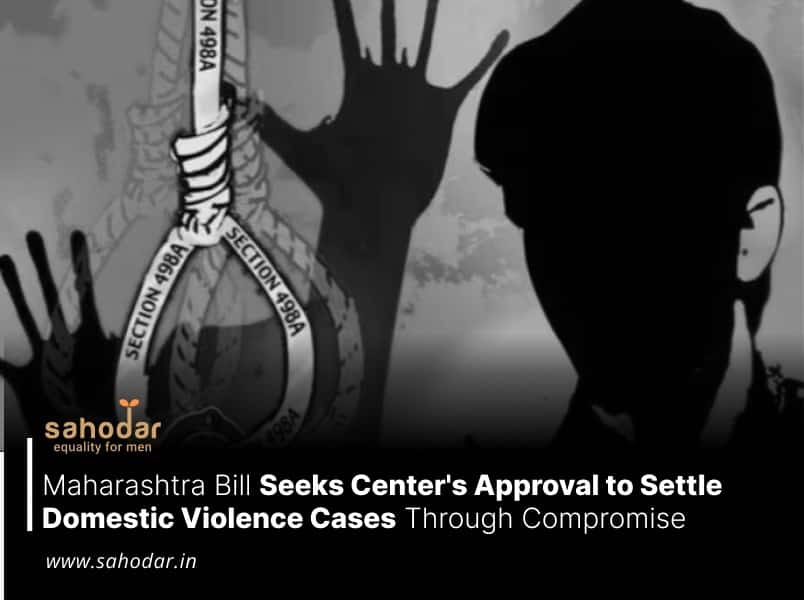Section 498A of the Indian Penal Code pertains to the offence of matrimonial cruelty, imposing punitive measures, including imprisonment or monetary penalties, against perpetrators causing harm to women.
The Bombay High Court has issued a directive to the Under Secretary of Women and Child Development, Government of Maharashtra, instructing them to file an affidavit detailing the proposed actions concerning the introduction of a bill aimed at rendering Section 498A of the Indian Penal Code (IPC) compoundable.
Section 498A of the IPC deals with cases of matrimonial cruelty and states that “whoever, being the husband or the relative of the husband of a woman, subjects such woman to cruelty shall be punished with imprisonment for a term which may extend to three years and shall also be liable to a fine”.
When a section is compoundable, the legal matter arising from it can be resolved without necessitating an appeal to the High Court for its annulment.
An affidavit submitted by the central government contested the notion of rendering Section 498A compoundable, contending that such a measure would not be conducive to the welfare of women.
However, Additional Solicitor General Devang Vyas informed the court during recent proceedings that although a bill had been proposed by the Maharashtra government, it had not progressed due to insufficient data. Vyas indicated the central government’s willingness to reconsider a revised bill contingent upon the provision of supplementary data by the state government.
In substantiation of his assertion, Vyas presented a letter dated January 19, 2024, addressed to the Maharashtra government by the central government, which highlighted the pending response from the state government concerning the proposed amendment to the Code of Criminal Procedure.
The bench, comprising Justices Anuja Prabhudessai and NR Borkar, observed a discrepancy between the contents of the letter and the earlier affidavit, characterizing it as “misleading”.
However, the bench declared, “In view of the instructions now received from the Additional Solicitor General, the State Government is directed to take necessary measures to present a fresh bill on the subject matter, accompanied by additional data, addressing the anomaly highlighted by the Ministry of Women and Child Development.”
The high court entertained a petition lodged by three members of a family seeking the annulment of an FIR under Section 498A. Subsequently, the court annulled the FIR against the three members and recommended that the central government consider rendering the offense under Section 498A compoundable.
The high court took note that Andhra Pradesh had rendered Section 498A compoundable in 2003.

